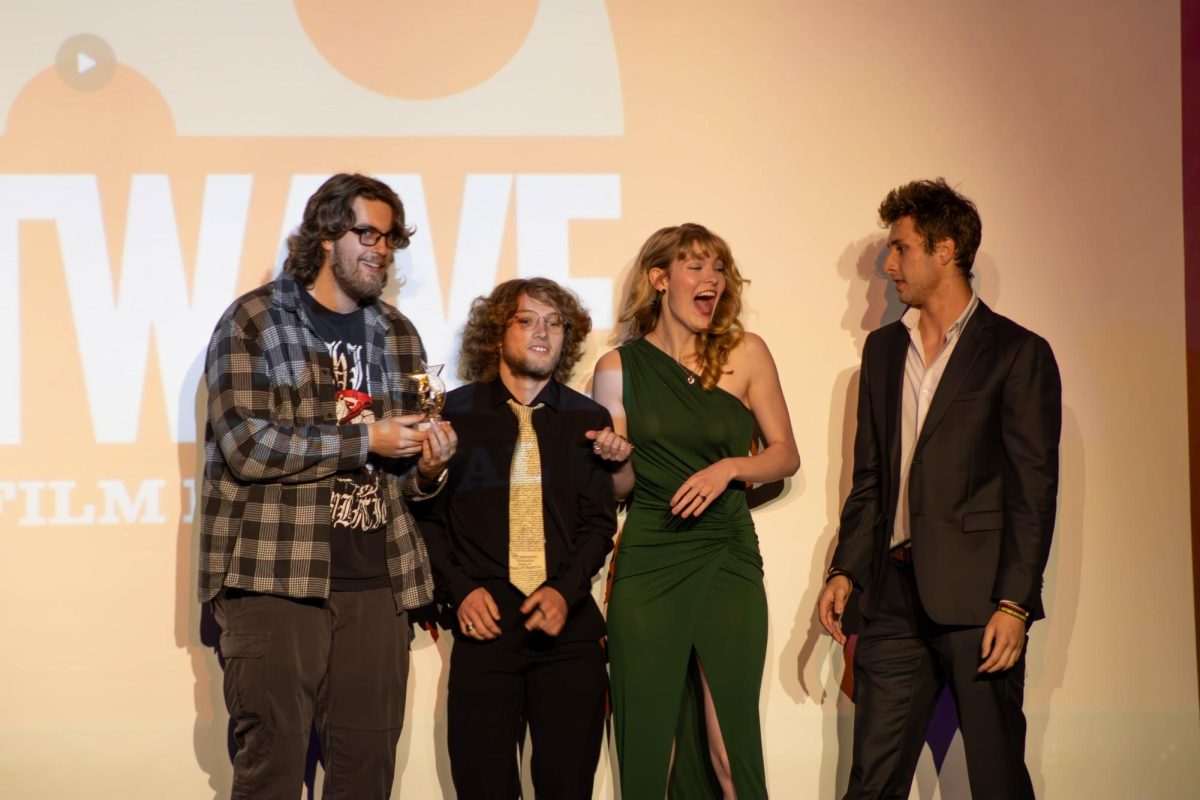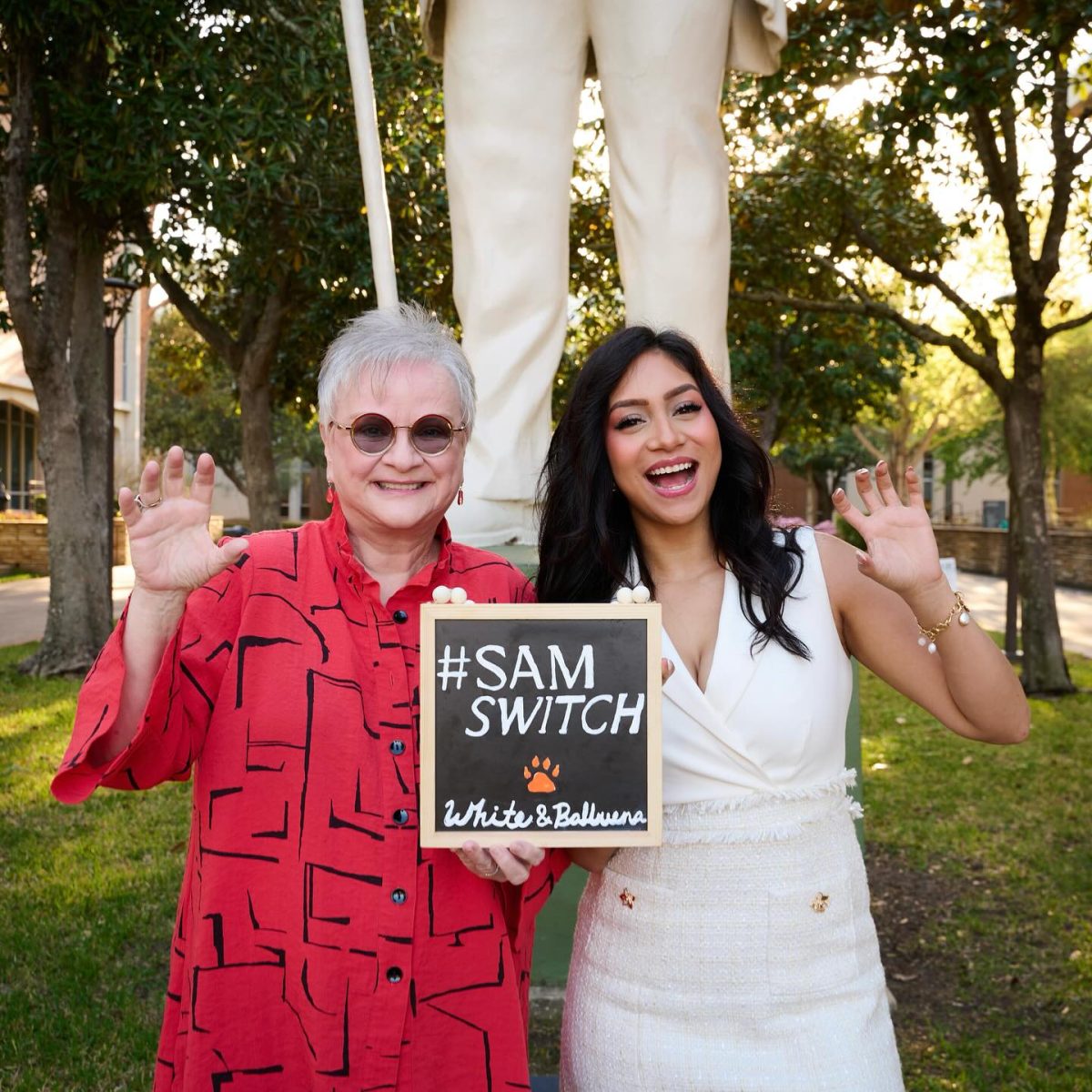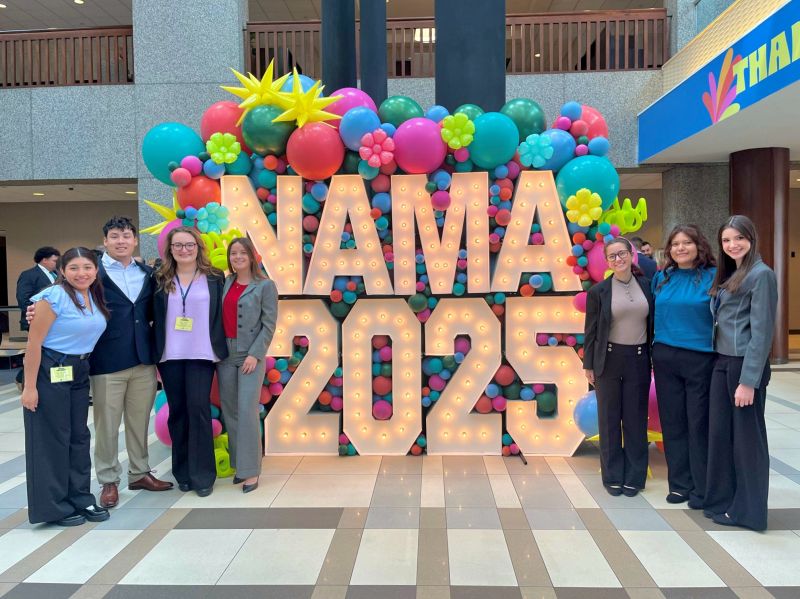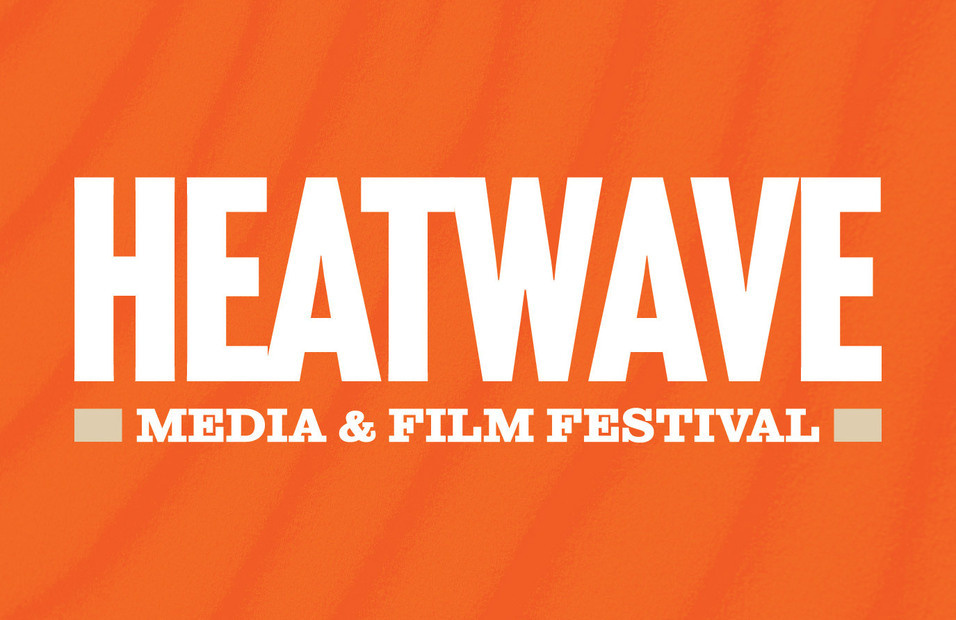“Suicide is not allowed in Islam. If you commit suicide, you will not go to paradise. If you kill innocent women and children, you will not go to paradise,” said Abd’Allah Muhammad-Bey, a graduate student and president of the Muslim Students Association.Muhammad-Bey is on a mission. His mission is one of peace, love, acceptance and understanding. He hopes to bridge the growing gaps between the various religions of the world.”Some individuals and the media misinterpret the Koran. They misinterpret Islam. If you want to know something about Islam, ask a Muslim or read the Koran,” Muhammad-Bey said.Each spring, he puts a display in the Newton Gresham Library with the purpose of educating and informing the public on the true nature of Islam. He has also worked to make more resources available for students to obtain the correct information on this religion.”A few years ago, I was actually told by someone with the library that there was not a need for more information on this subject. That need has grown, especially since what happened on Sept. 11,” he said. Muhammad-Bey added that the increased need is due to professors giving assignments related to Islam and general curiosity from the public since the attack on the twin towers.”There is now a lot of information, books and CD-ROMs now available at the reference desk here,” he said, “Islam is now the second largest religion in the world. We see people of all races coming to Islam, not just African -Americans. There is a large number of Hispanics who are now Muslim.”According to Muhammad-Bey, true Muslims want to establish peace, although they do believe in ‘an eye for an eye.’ They believe in defending themselves, but killing innocent people is not an option. “As a Muslim, if I have a problem with you, I will come to you. I’m not going to go out and blow up hundreds of innocent people. This is not the way of Islam,” he said.In addition, Muhammad-Bey said he feels the biggest misconceptions non-Muslims have about Muslims is that they are anti Christ. He said people tend to look upon Muslims as unbelievers or disbelievers, but he said, “That is not true. That is ‘his-lam’ or ‘their-slam’; that is not Islam.”People interpret the Koran the wrong way. If you want to know how to be a Christian, read the Bible. If you want to know how to be a Muslim, read the Koran. The Koran, the Bible and the Torah are all the teachings of the same God,” he said.In 1996, a mosque was opened in Huntsville to serve the needs of Muslims in the community and to educate the public on the Islamic faith. As imam of the mosque, Muhammad-Bey speaks to local churches and civic organizations, helps new Muslim students adjust to the United States and SHSU and works to create a greater understanding of the Muslim religion.The mosque, located at 800 10th St., holds services on Fridays, and non-Muslims are welcome to attend the services. “If someone wants to know the truth about Islam, they can come there, and I will help them understand,” Muhammad-Bey said, “I will even give them a Koran if they would like to read one.”A major concern he has is that today’s youth are being mislead, especially young black men. In his experience, Islam has helped younger people overcome issues in their lives, he said. “Islam has certain values a person has to adhere to. A major one is discipline. It’s hard to have discipline in this society,” he said.Muhammad-Bey works for the Texas Department of Criminal Justice as a substance abuse counselor. He also helps inmates cope with prison life and find resources available to them after they are released. “I’m not here to convert anyone,” he said, “I work with the (Muslim Students Association), and we promote diversity and multi-culturalism.” Muhammad-Bey is also a member of Amnesty International and feels strongly about equal rights for all, regardless of color, sex or disability.In a recent article, the Union-News said Muhammad-Bey “seems unhardened by hard times. He has come to embrace a non-racialized Orthodox Islam.””I’m just a peaceful man, trying to do the right thing,” Muhammad-Bey said.
Categories:
Muslim hopes to bridge religious gaps
January 1, 1970
0
More to Discover







